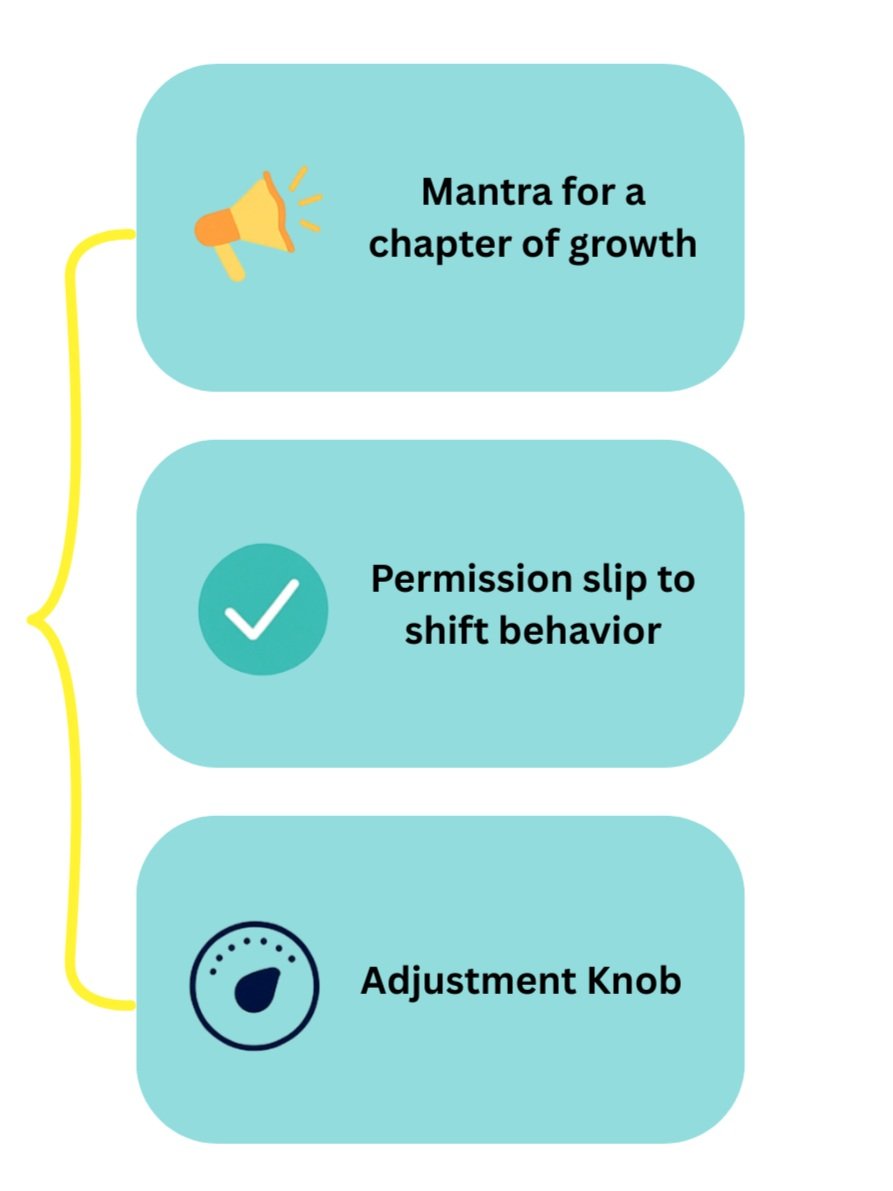Should You Shut Down Your Office for The Holidays?
Work from home is one of the most hotly debated issues that we deal with at Holistic. The main reason why is that while employees really want the benefit of being able to work from home, many business leaders are not so sure that it works out in practice. They're afraid of creating a situation in which their employees are slacking off or not paying attention to what they need to do, or not as productive or as valuable or as efficient as they could otherwise be. In essence, it’s a conversation about balancing employee wellbeing versus corporate needs. One really interesting modern case that is reflective of this is this idea of whether you should shut your office down for the week between Christmas and New Year's.
Increasingly, companies are offering their employees time off from work during this period of time. Many companies do it as sort of work-from-home–style scenario: since you're going to be out, stay on your email, stay on your cell phone, make sure that you're tracking what's going on. But you can have a little bit of a flexible schedule and enjoy the holidays with your family and not have to worry about taking a bunch of vacation days or saving a bunch of vacation days for the holiday season.
This is a really powerful benefit for the company to offer. But it is fraught also because it just is a really bad idea to give everybody an extra two weeks off at the end of the year if you don't have some sort of sufficient plan to make sure that it's not going to have a negative long-term effect on the business or the individuals.
Here are a few pieces of advice from our own experience about how to do this process well.
First, set ground rules. Let employees know how often you expect them to check-in via email if you expect them to do a daily update or something like that. Something modest, just to let everybody know that you're still checking, you're still paying attention. The quickest way to ruin it for everybody is one person who just goes totally off the grid, while everybody else is keeping their eye on the store. That's not going to fly. But it's the responsibility of the company to set the ground rules. What you also don't want to have is a situation where one person feels like they're doing a good job of checking in, but their boss feels like they totally absolved themselves of any responsibility during the period of time that they were out.
The second thing to do is to prepare well in advance. Let everybody know as soon as possible that the time off is going to happen so that you can create a situation in which you can prepare for this. You can also make sure that some people don't save a bunch of vacation days for the holidays, while their colleagues are using their vacation time. You don't want to have it be a situation in which some people feel like they got screwed if they were more responsible during the year because they waited, and planning in advance is smart and it helps.
Third, make some sort of accommodation for employees who have to be in the office. Sometimes there are folks (like the accounting team) who need to do the year-end results, or the IT team or the customer service team, who need to be in the office. They cannot take that time off. Rather than just forgetting about them because of the nature of their job, you can accommodate them at a later date. One of our companies has a really clever scenario where those employees get to take off the same amount of days, just sometime in January, after everything calms down. We think this is a really nice way of handling this fairly.
Fourth, prepare some work in advance. For about the two or three months leading up to the holidays, start to find some non-essential, non-urgent projects, the types of things that you get to when you have time, and make those be for the period of time when everybody's off. For example, at Holistic we have a big process where we're mapping all of the data points and calculations that we've devised into our new technology system. This is fairly labor-intensive, but it could be done from anywhere. It's the type of project that's going to be the best when you don't have a lot of other emails and traffic coming at you. This is the type of thing that it makes a ton of sense to try and attack over the Christmas holiday.
Finally, the company needs to provide the employees with some air cover. We recommend the company actually writes the first two sentences of everybody's out of office description. "Company X has decided, in the spirit of the holidays, to close its physical office from the dates of X to Y. "In the interim period, we'll be checking email and we'll be available via phone if you need us. We hope that you had a great holiday season, and we're looking forward to continuing to work with you in 2020." Something as simple as that provides a lot of freedom for the employees to go about, do their thing. Now, as long as they follow the rules, they're going to be okay.
This, we believe, is a timely and very valuable set of policies that any company can implement to make sure that they have a successful end of the year, and they start the New Year out right, with a rested and recharged and energetic team.
If you have some suggestions, let us know. We'll be glad to share them with the community.










